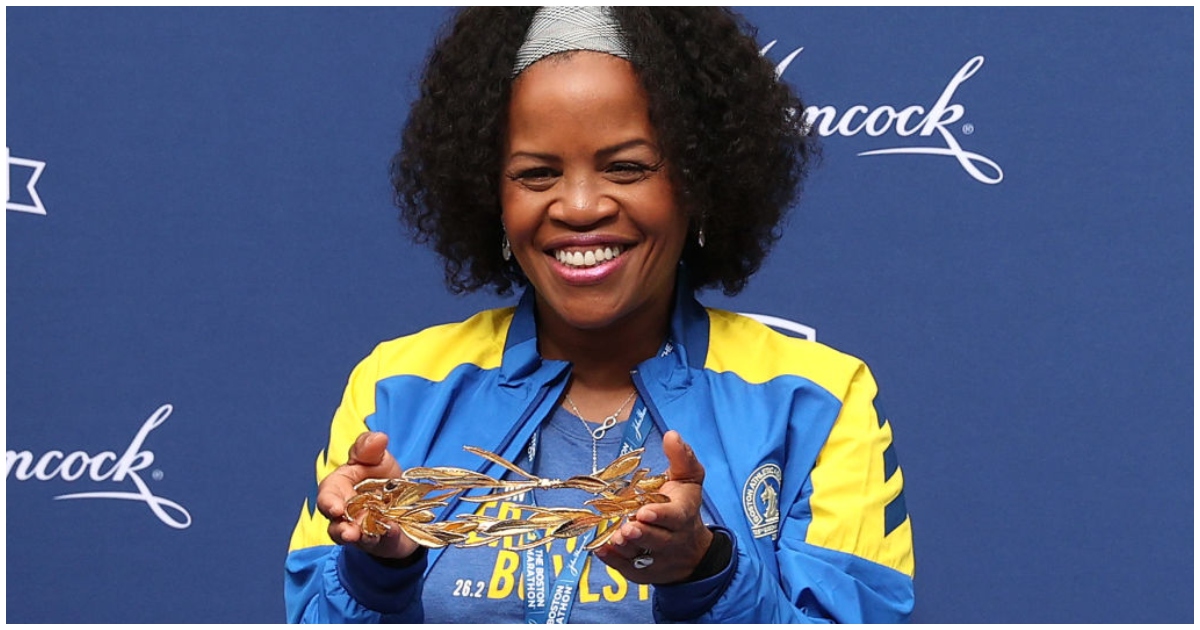Boston’s first Black and female mayor, Kim Janey, recently shared her personal experiences from the city’s tumultuous busing era.
As Boston marks 50 years since the implementation of court-ordered school desegregation, Janey and other leaders are advocating for a fresh approach to address ongoing educational inequalities.
The Lasting Impact of Boston’s Busing Program
Janey vividly recalled the tense atmosphere during the early days of busing. “I remember the distorted faces of the people in the mobs. I remember the police escorts,” she said in a recent interview with Boston Public Radio.
The busing program, aimed at desegregating Boston’s public schools, left a lasting impact on the city. In the first year alone, nearly 30,000 students left the school system. Since 2002, about 15,000 Black students have exited Boston Public Schools.
Personal Experiences Shape Current Perspectives
Janey’s family initially kept her home, disagreeing with the court’s decision. NAACP board member Michael Curry shared similar memories from his childhood. “I remember having to duck down. I remember peeking out the window and seeing what appeared to be hundreds of people lining the streets,” Curry recounted.
These personal experiences have shaped the perspectives of current leaders as they reflect on the busing era’s legacy. Many now call for a reevaluation of Boston’s approach to school desegregation.
Experts Urge New Strategies for Educational Equity
Ted Landsmark, a member of Boston’s Reparations Task Force, suggests it’s time for a change. “I think we’re now at a point where we can really take a hard look at what busing was intended to do, what it has actually accomplished,” he stated.
Landsmark proposes redirecting funds currently used for busing into improving neighborhood schools. This approach aligns with Janey’s advocacy for resources that address systemic issues rather than simply relocating students.
Focusing on Quality Education and Representation
Janey emphasizes the need for “a curriculum that reflects the diverse student body of the kids, quality teachers, [and] involvement in the decisions of hiring superintendents.” She views these elements as crucial for addressing educational inequalities.
The former mayor also highlighted the historical context of this struggle. “This fight is centuries old in terms of Black parents seeking better education for their kids,” Janey noted.





